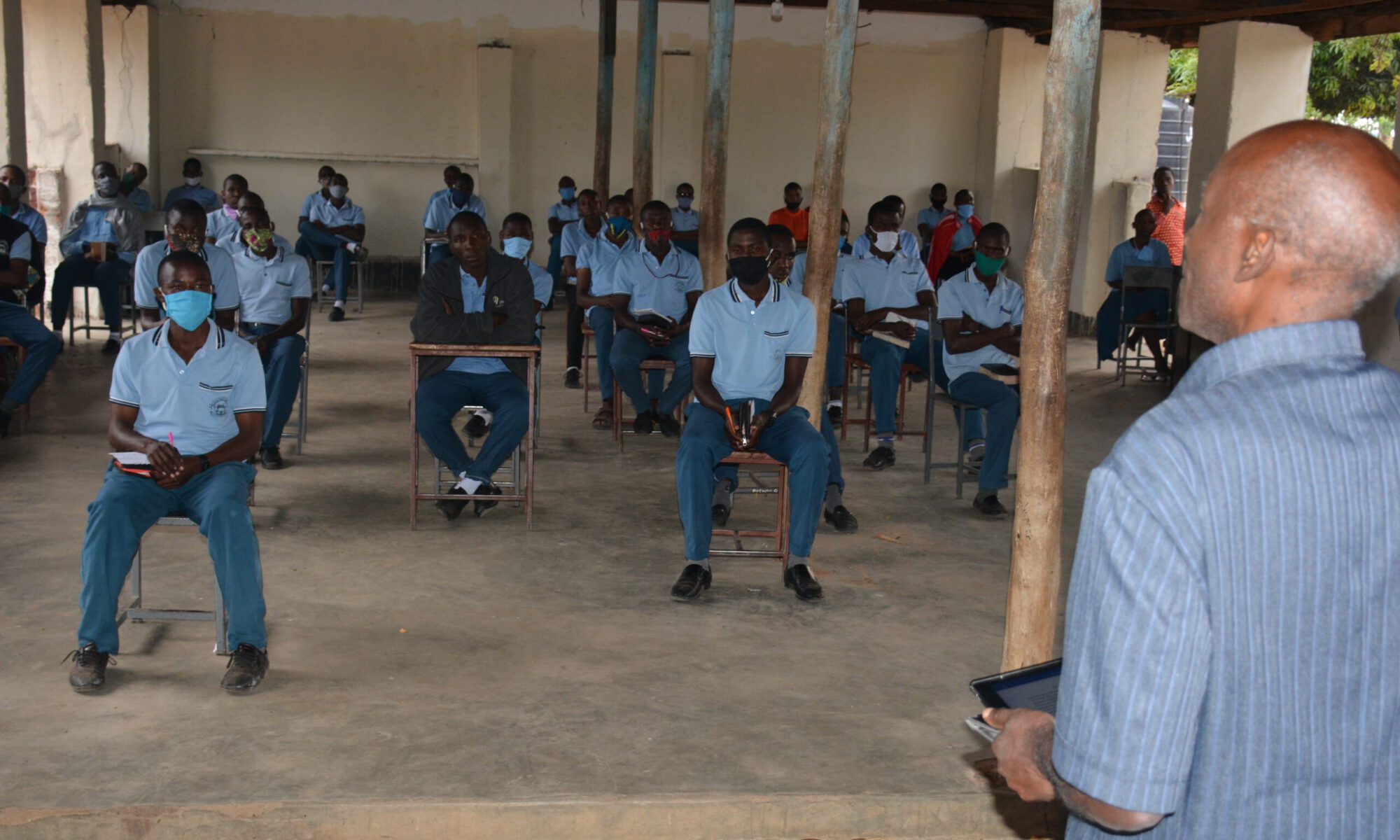Pilots are highly trained professionals responsible for operating and navigating aircraft. They play a critical role in ensuring the safety of passengers, cargo, and the aircraft itself during takeoff, flight, and landing.
Areas of Work:
- Commercial Pilots: Operate aircraft for airlines, transporting passengers and cargo.
- Private Pilots: Fly aircraft for personal or business purposes.
- Airline Transport Pilots (ATP): Hold the highest level of pilot certification, allowing them to operate large, commercial aircraft.
- Military Pilots: Serve in the air forces, navies, or other military branches, operating military aircraft.
- Cargo Pilots: Specialize in transporting goods and cargo, often for freight airlines.
- Helicopter Pilots: Fly helicopters for various purposes, including emergency medical services, law enforcement, and transportation.
Educational Requirements:
- Advanced Level (ACSEE) or Equivalent:
- Obtain a certificate with passes in relevant subjects, including Mathematics and Physics, which are often essential for pilot training.
- English Language Proficiency:
- Proficiency in English is crucial, as it is the international language of aviation. Applicants may need to demonstrate English language proficiency through standardized tests like the IELTS or TOEFL.
Pilot Training Pathway:
- Private Pilot License (PPL):
- Enroll in a recognized flight training school to pursue a Private Pilot License (PPL). The PPL program includes ground school and practical flight training.
- Commercial Pilot License (CPL):
- After obtaining the PPL, aspiring pilots can continue training to acquire a Commercial Pilot License (CPL). This involves more advanced flight training and additional theoretical knowledge.
- Multi-Engine and Instrument Ratings:
- Pilots may pursue additional ratings, such as multi-engine and instrument ratings, to enhance their skills and qualifications.
- Airline Transport Pilot License (ATPL):
- The highest level of pilot certification is the Airline Transport Pilot License (ATPL). Pilots with an ATPL are qualified to act as the captain of large, commercial aircraft.
Flight Training:
- Ground School:
- Study aviation theory, regulations, navigation, and meteorology.
- Flight Hours:
- Accumulate a specified number of flight hours through hands-on training.
- Simulator Training:
- Gain experience in flight simulators to practice various scenarios.
- Examinations:
- Pass written and practical exams conducted by the aviation authorities.
Licensing and Certification:
- Tanzania Civil Aviation Authority (TCAA):
- Pilots in Tanzania are regulated by the Tanzania Civil Aviation Authority. Compliance with TCAA regulations is essential for licensing and certification.
- Medical Examination:
- Undergo a medical examination to obtain a Class 1 Medical Certificate, ensuring that pilots meet the required health standards.
- Type Ratings (if applicable):
- For pilots operating specific aircraft types, additional type ratings may be required.
